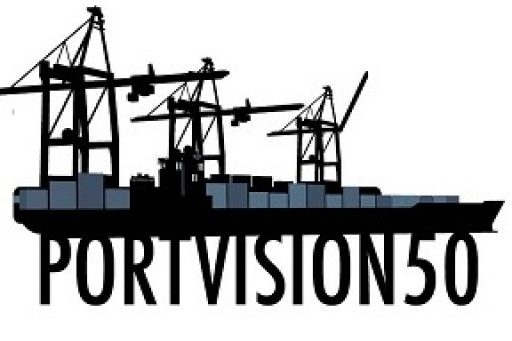Recently PV50 virtually attended the 80th Session of the IMO Marine and Environment Protection Committee (MEPC 80) The hybrid Meetings were held in London at the IMO headquarters. In a nutshell here is what they agreed upon regarding a revised GHG Emissions Reductions Strategy.
The 2023 IMO GHG Strategy identifies levels of ambition for the international shipping sector noting that technological innovation and the global introduction and availability of zero or near-zero GHG emission technologies, fuels, and/or energy sources for international shipping will be integral to achieving the overall level of ambition.
• The levels of ambition and indicative checkpoints should consider the well-to-wake GHG emissions of marine fuels as addressed in the Guidelines on lifecycle GHG intensity of marine fuels (LCA guidelines) developed by the Organization1 with the overall objective of reducing GHG emissions within the boundaries of the energy system of international shipping and preventing a shift of emissions to other sectors.
Within the levels of ambition, there are several new elements, including:
• Uptake of zero or near-zero GHG emission technologies, fuels, and/or energy sources to increase uptake of zero or near-zero GHG emission technologies, fuels, and/or energy sources to represent at least 5%, striving for 10% of the energy used by international shipping by 2030; and
• Indicative checkpoints to reach net-zero GHG emissions from international shipping have been set to:
.1 reduce the total annual GHG emissions from international shipping by at least 20%, striving for 30%, by 2030, compared to 2008; and
.2 to reduce the total annual GHG emissions from international shipping by at least 70%, striving for 80%, by 2040, compared to 2008.
Lastly, MEPC 80 approved interim guidance on the use of biofuels under the existing regulations for DCS and CII.
For more information on MEPC 80, click here.

Leave a comment